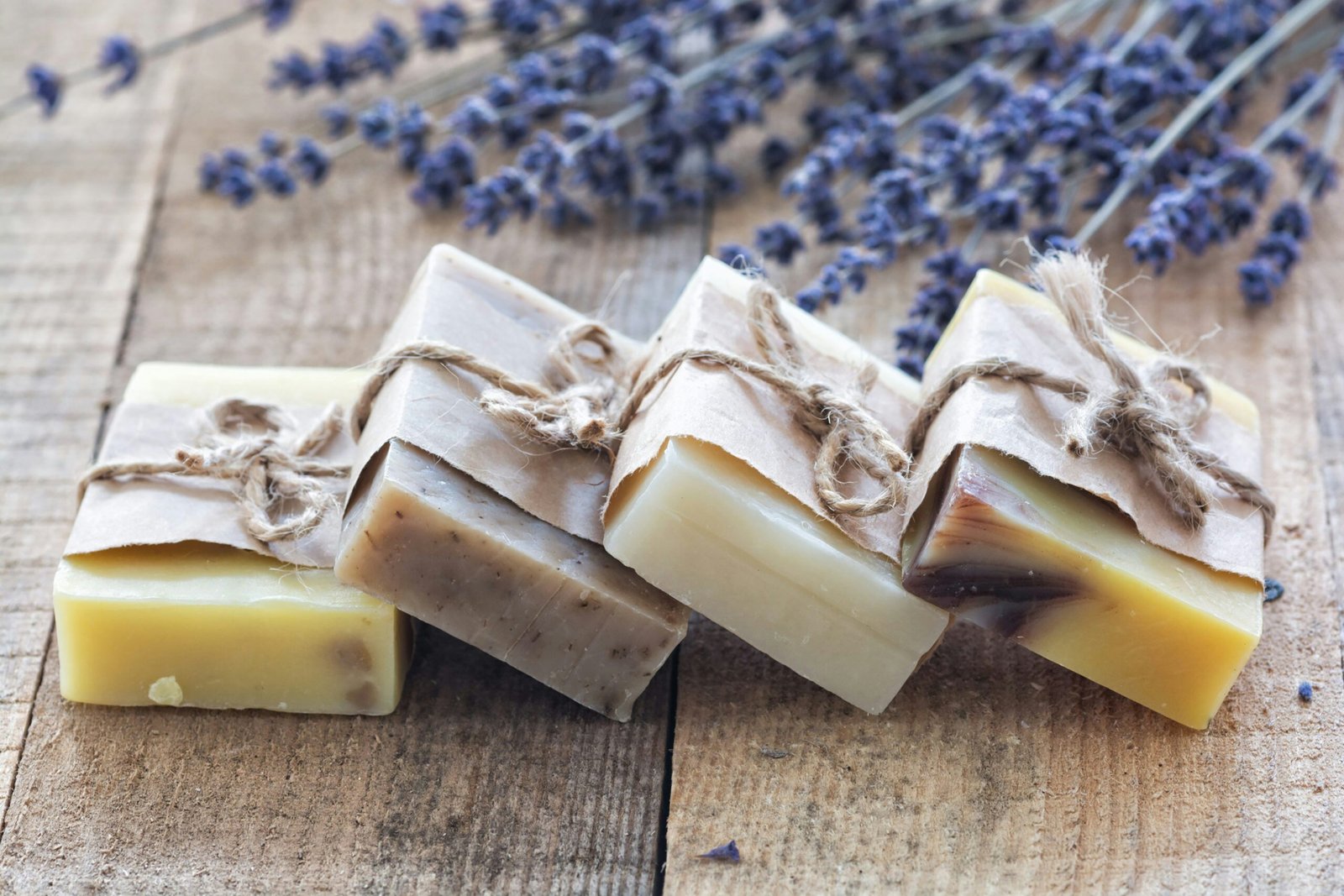The Benefits of Essential Oils in Soap Making
Using essential oils in soap making can offer numerous benefits, both for your skin and your overall well-being. These natural plant extracts not only enhance the aroma of your soap but also provide various therapeutic properties. Here are some of the key benefits of incorporating essential oils into your soap recipes:
Natural Fragrance
One of the most obvious benefits of using essential oils in soap making is the natural fragrance they provide. Unlike synthetic fragrances, which can be harsh and irritating, essential oils offer a wide range of delightful scents derived directly from plants. From the calming aroma of lavender to the uplifting scent of citrus, essential oils can add a pleasant and soothing fragrance to your handmade soaps.
Therapeutic Properties
In addition to their aromatic qualities, essential oils also possess therapeutic properties that can benefit your skin and well-being. For example, tea tree oil is known for its antibacterial and antifungal properties, making it ideal for treating acne and other skin conditions. Lavender oil has calming and soothing effects, helping to reduce stress and promote relaxation. By carefully selecting and blending essential oils, you can create soaps that provide specific therapeutic benefits.
Enhanced Skincare
Many essential oils have beneficial effects on the skin. Some oils, such as chamomile and calendula, have anti-inflammatory properties that can soothe irritated skin and promote healing. Others, like rosehip oil, are rich in antioxidants that help protect the skin from damage caused by free radicals. By incorporating these oils into your soap recipes, you can create products that nourish and improve the health of your skin.
In conclusion, using essential oils in soap making offers a range of benefits, from natural fragrance to therapeutic properties and enhanced skincare. By experimenting with different oils and their combinations, you can create unique and beneficial soaps that cater to your specific needs and preferences.


